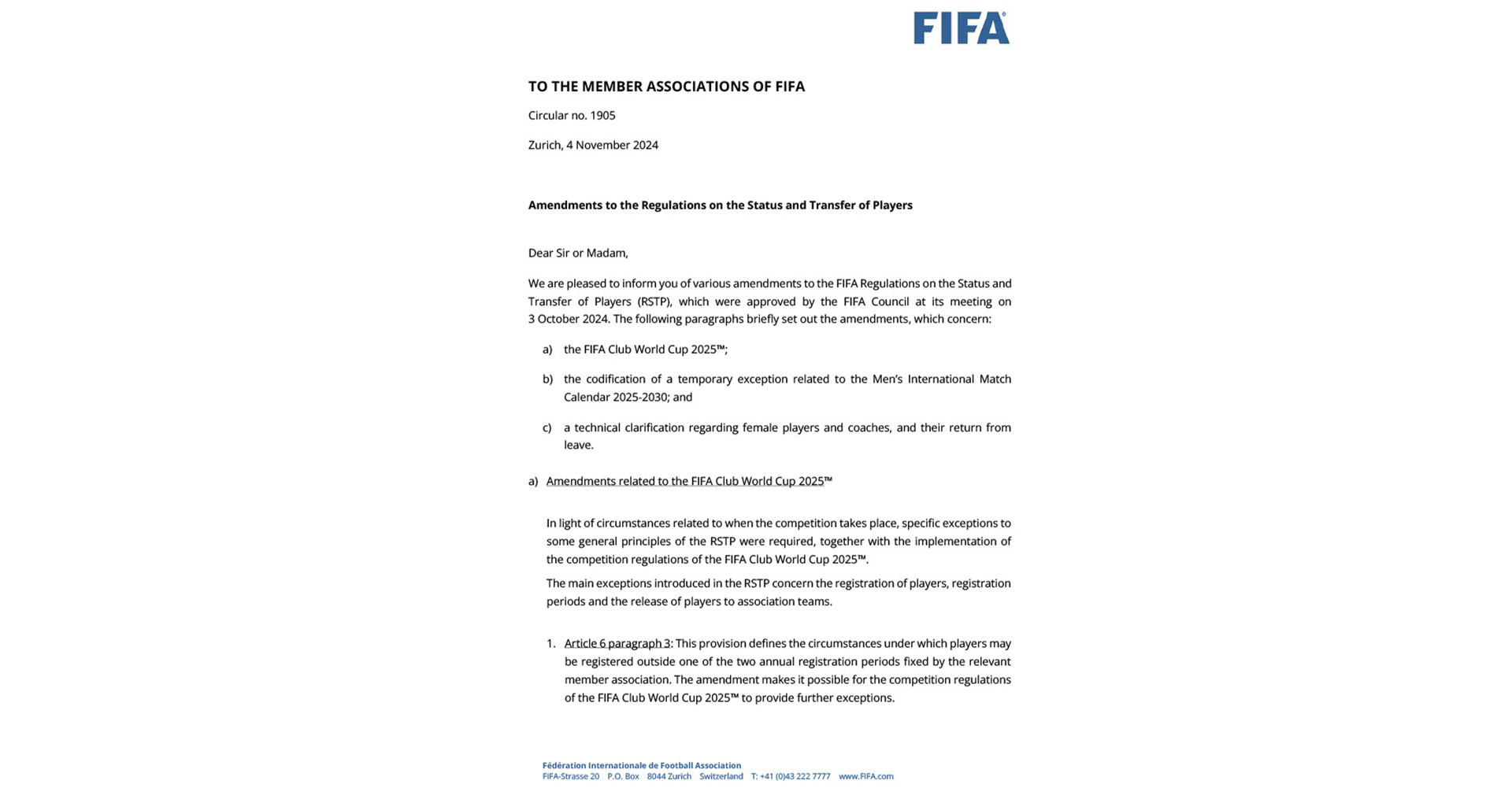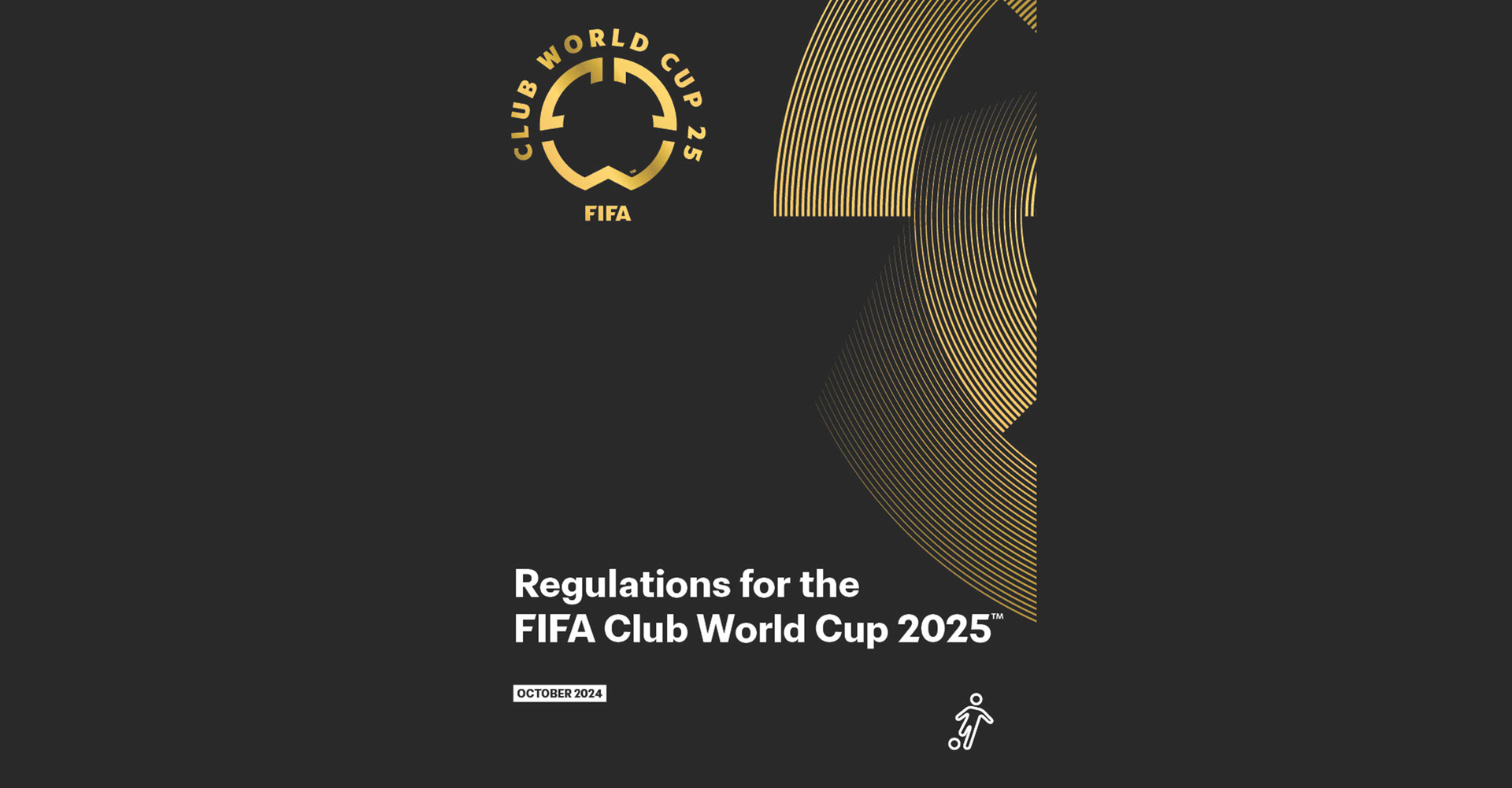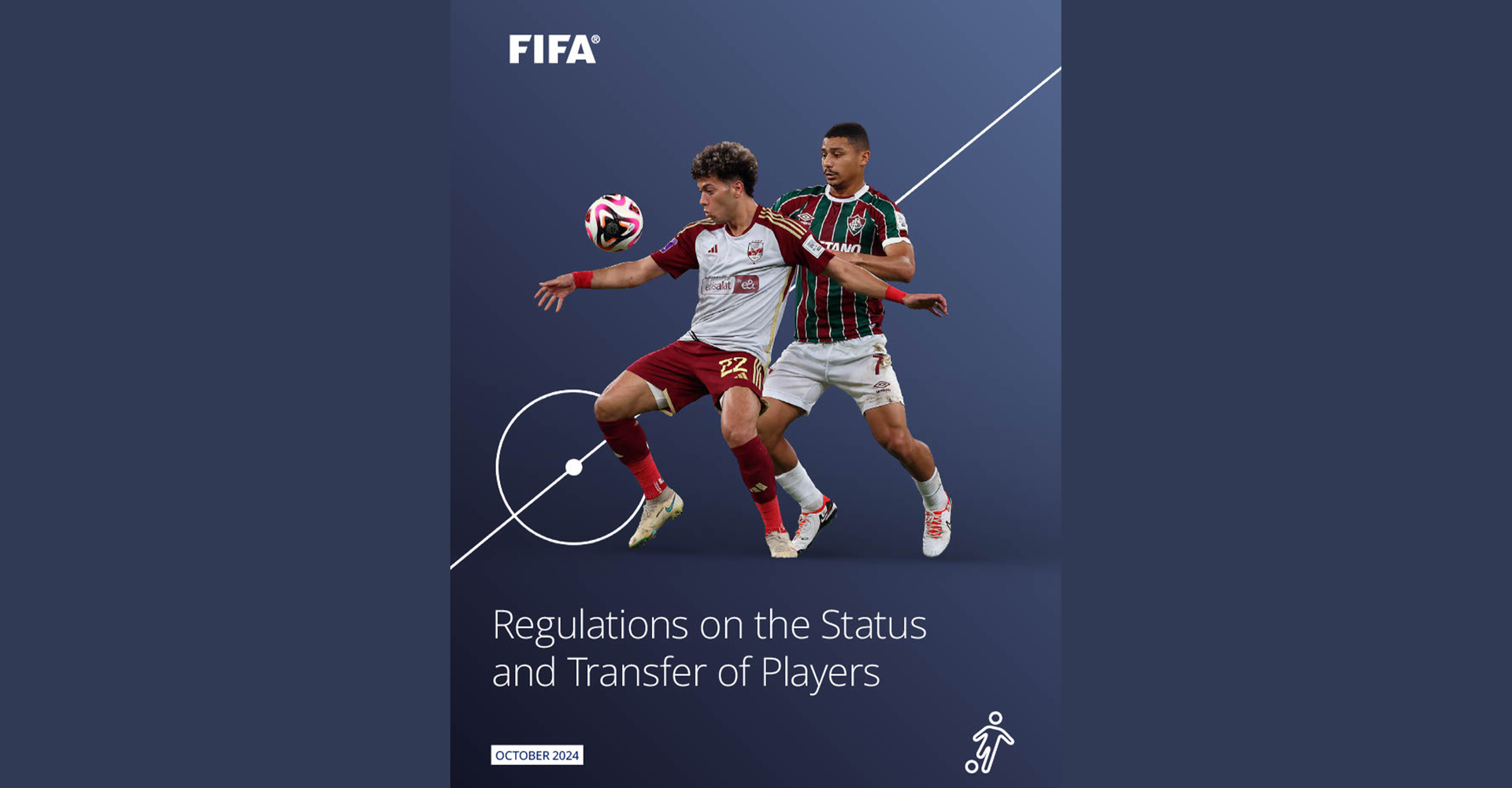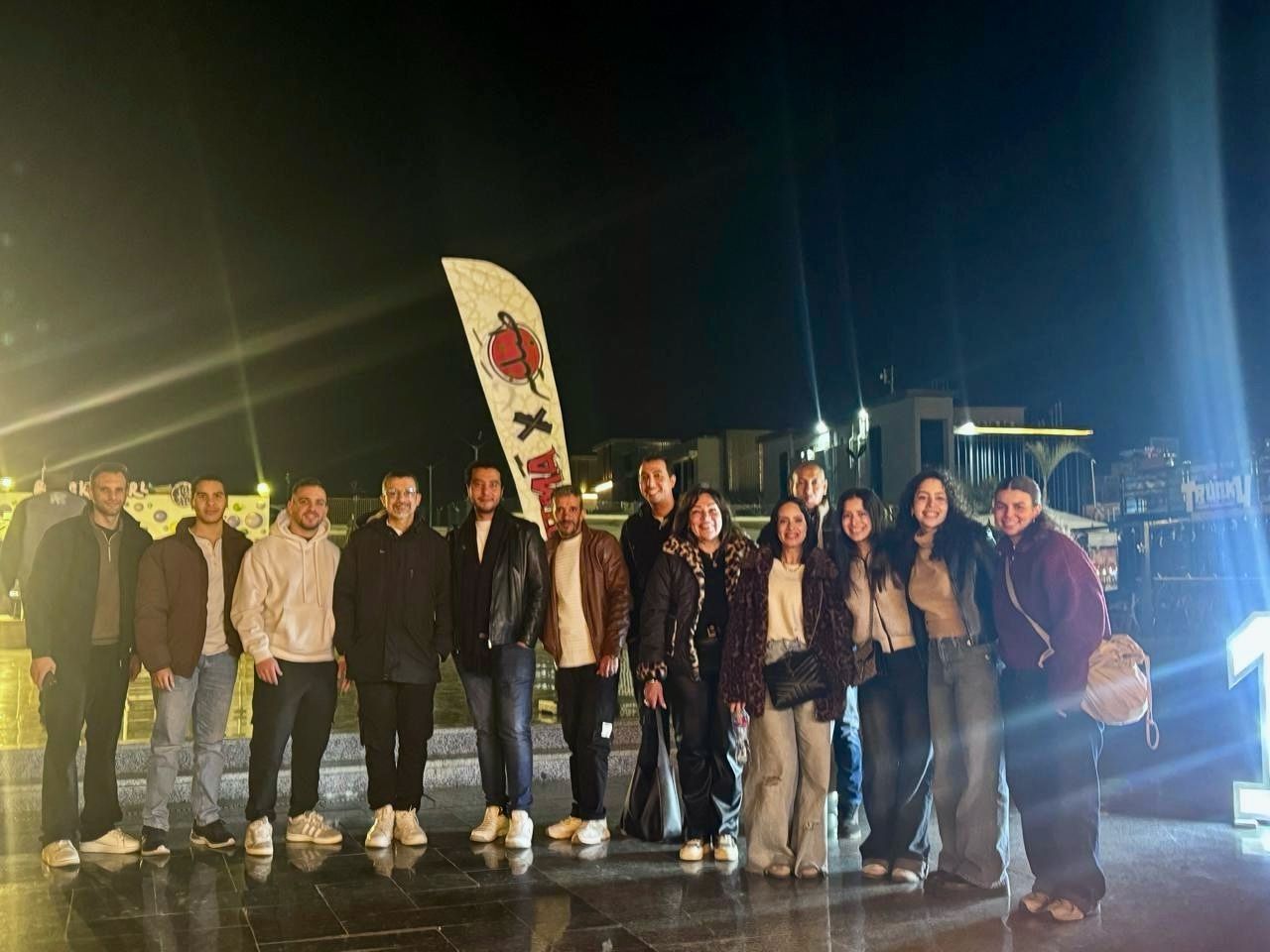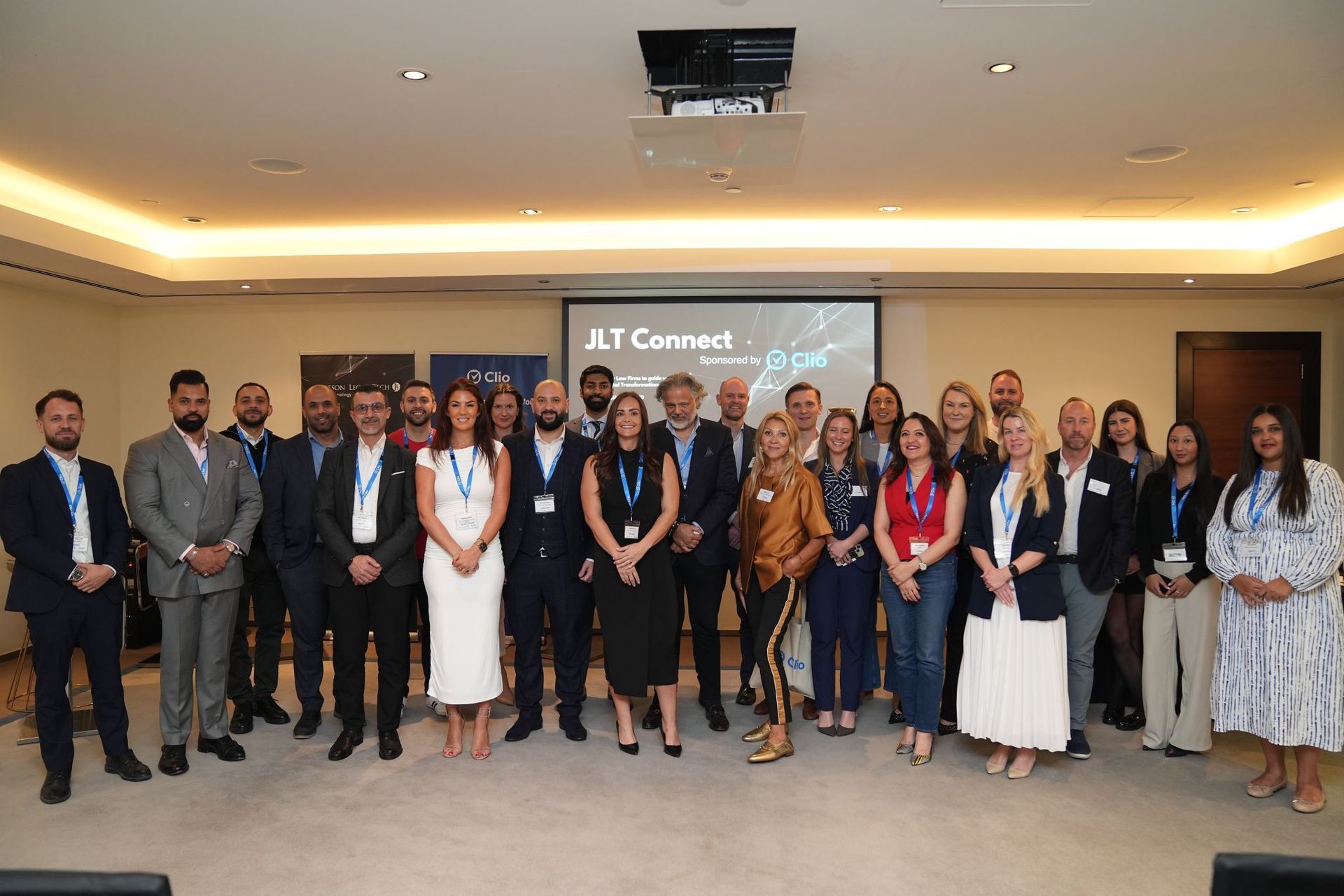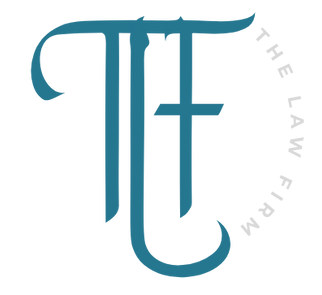The Court of Arbitration for Sport (CAS) and Legal Aid - النزاعات الرياضية وتأسيس محكمة التحكيم الرياضية
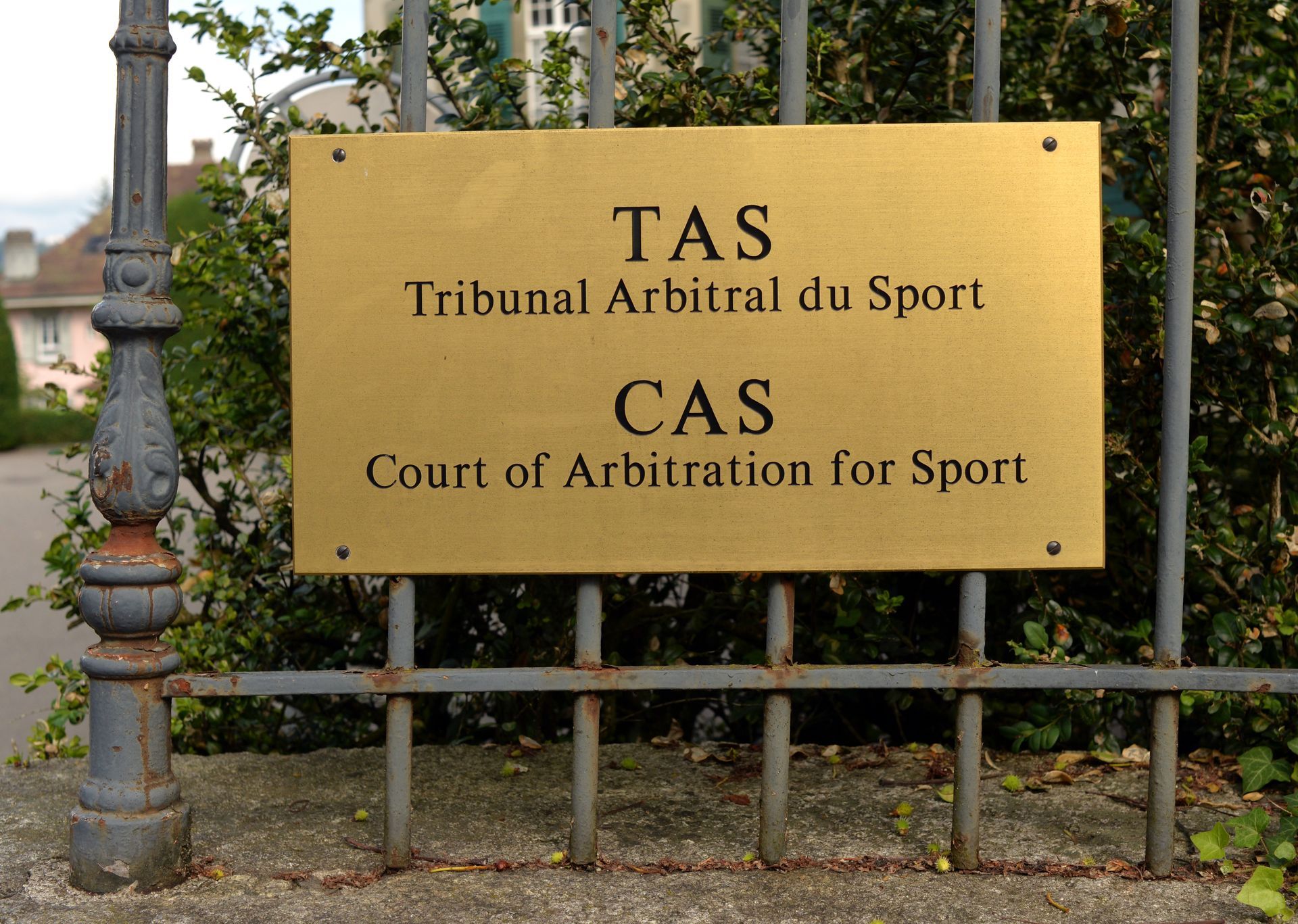
At the beginning of the 80s in the last century there was a steady increase in international sports-related disputes. This prompted Mr. Juan Antonio Samaranch president of the International Olympic Committee to create a specialized authority capable of settling international disputes and offering a flexible, quick, and inexpensive procedure and in 1984 the Court of Arbitration for Sport (“CAS”) was created to address this issue.
At that time, the CAS was composed of 60 members: 15 members from the International Olympic Committee, 15 members from international federations, 15 members from national Olympic committees, and an additional 15 members to be appointed by the President of the Olympic Committee from outside the Olympic committees and international federations.
Initially, the procedures were free of charge except for disputes of a financial nature, for which the parties were required to cover part of the costs. At that time, the Court of Arbitration for Sport relied on a single procedure for resolving disputes, which was the advisory procedure that provided legal opinions on sports disputes.
Restructuring of the Court of Arbitration for Sport
The case of the Swiss rider Ilmar Gundel before the Swiss Federal Court raised questions about the independence of the CAS. The rider appealed the decision of the International Equestrian Federation to fine and suspend him due to his horse's doping. The CAS reduced the suspension from three months to one month, a decision that did not satisfy Ilmar. He then appealed to the Swiss Federal Court, claiming that the CAS lacked independence.
At the time of Ilmar Gundel's case, the CAS was funded by the International Olympic Committee (IOC), which also held the authority to amend its regulations. Additionally, the IOC President had the power to appoint 15 members of the court. These factors led the Swiss Federal Court to rule that the CAS lacked the necessary independence. However, the court still recognized the CAS as a competent arbitration body.
This ruling instigated significant reforms, leading to the re-establishment of the CAS under the oversight of the International Council of Arbitration for Sport (“ICAS”). A regular arbitration division and an appeals arbitration division were introduced to create a clear distinction between individual disputes and those arising from decisions made by sports bodies.
Divisions of the Court of Arbitration for Sport (CAS):
The Court of Arbitration for Sport (CAS) is composed of several divisions:
1. Ordinary Arbitration Division: This division functions as the court of first instance, and plays a pivotal role in addressing sports-related cases swiftly and effectively
2. Appeals Arbitration Division:. This division specializes in adjudicating disputes related to decisions made by administrative bodies in sports. It is approached when the disputing parties wish to appeal decisions issued by sports administrative bodies, offering them a second chance to obtain a more equitable judgment
3. Ad Hoc Division for Sporting Events: This division is established specifically for major sporting events, where it has a presence within the event itself. This on-site presence enables it to handle urgent disputes efficiently and in the shortest possible time.
4. Anti-Doping Division: This division is responsible for addressing violations related to anti-doping regulations. It functions as a first-instance court for doping cases, contributing to the integrity of sports competitions.
5. Mediation Division: This division serves as an optional mechanism for resolving sports disputes, offering an alternative to traditional arbitration. What distinguishes the mediation division is that its decisions are non-binding, allowing the parties to reach amicable and swift resolutions to their disputes
Jurisdiction of the Court and Costs of Proceedings:
Under the governing rules of the Court of Arbitration for Sport (CAS), the court has jurisdiction over disputes related to sports if there is an arbitration clause in the contract, a subsequent arbitration agreement between the parties, or an arbitration clause contained in the statutes or regulations of the relevant sports federation.
The costs of arbitration proceedings before the CAS include an administrative fee of 1,000 Swiss Francs, payable upon filing the application or appeal, in addition to an advance payment of arbitration costs as determined by the court upon the formation of the panel.
If one party fails to pay its share, the other party may cover the payment on their behalf. If the full advance on costs is not paid within the timeframe specified by the court, the request will be deemed withdrawn, and the arbitration proceedings will be terminated.
In all cases, the final cost of arbitration is determined at the conclusion of the proceedings. The final cost statement must include a detailed breakdown of each arbitrator's fees and expenses, as well as each party's share of those costs.
Legal Aid
The court offers legal aid to parties who cannot afford the costs of arbitration. Individuals can apply for financial assistance, and the court will assess the request to determine if they qualify for this support.
This aid aims to ensure that all parties have the opportunity to access the court, regardless of their financial resources, thereby promoting equality and justice among athletes. The support includes exemptions from arbitration costs or the advance on costs, the provision of a pro bono lawyer from the court's list of registered lawyers, and coverage of travel and accommodation expenses for the applicant, their witnesses, experts, and interpreters if necessary.
نشأة محكمة التحكيم الرياضي
في بدايات الثمانينات من القرن الماضي، شهدت النزاعات الرياضية تزايدًا ملحوظًا. وقد دفع هذا التزايد خوان أنطونيو سمارانش رئيس اللجنة الأولمبية الدولية آنذاك إلى التفكير في إنشاء هيئة متخصصة قادرة على تسوية النزاعات الرياضية بطرق مرنة وسريعة وغير مكلفة، وقد نتج عن هذا إنشاء محكمة التحكيم الرياضية (CAS) في عام 1984 والتي أوكلت إليها مهمة تسوية النزاعات الرياضية على المستوى الدولي.
وتألفت المحكمة آنذاك من عدد 60 عضوًا وهم 15 عضوا من اللجنة الأولمبية الدولية و15 عضوا من الاتحادات الدولية و15 عضوا من اللجان الأولمبية الوطنية ثم يقوم رئيس اللجنة الأولمبية بتعيين 15 عضوا أخرين من خارج اللجان الأولمبية والاتحادات الدولية.
وفي البداية، كانت الإجراءات مجانية باستثناء النزاعات ذات الطبيعة المالية، حيث كان يتعين على الأطراف دفع جزء من التكاليف. وكانت محكمة التحكيم الرياضية حينئذ تعتمد إجراءً واحدًا لحل النزاعات وهو الإجراء الاستشاري الذي يقدم رأيًا قانونيًا في النزاعات الرياضية.
إعادة هيكلة محكمة التحكيم الرياضي
أثارت قضية الفارس السويسري إلمار جوندل جدلاً واسعاً حول استقلالية محكمة التحكيم الرياضية (CAS) بعد أن تقدم بطعن أمام المحكمة الفيدرالية السويسرية ضد قرار صادر عن محكمة التحكيم الرياضية، وقد بدأت القضية عندما فرض الاتحاد الدولي للفروسية عقوبة على جوندل تضمنت إيقافه لمدة ثلاثة أشهر وتغريمه نتيجة لتورط حصانه في تعاطي منشطات. وقد استأنف جوندل هذا القرار أمام محكمة التحكيم الرياضية، والتي قررت تخفيض مدة الإيقاف إلى شهر واحد فقط. غير أن الفارس لم يكن راضياً بهذا القرار وإعتبر أن المحكمة تفتقر إلى الاستقلالية مما دفعه للطعن أمام المحكمة الفيدرالية السويسرية.
في ذلك الوقت كانت اللجنة الأولمبية الدولية هي الجهة التي تمول محكمة التحكيم الرياضية كما كان لها الحق في تعديل اللائحة الأساسية للمحكمة وكان لرئيس اللجنة الأولمبية سلطة تعيين 15 عضواً من أعضاء المحكمة. وعلى هذا الأساس، قضت المحكمة الفيدرالية السويسرية بعدم استقلالية محكمة التحكيم الرياضية ولكنها في الوقت ذاته اعترفت بها كهيئة تحكيم مختصة.
وقد أدى صدور هذا الحكم إلى إعادة هيكلة محكمة التحكيم الرياضية، حيث تم وضعها تحت إشراف المجلس الدولي للتحكيم الرياضي كما شمل الإصلاح إنشاء قسمين مستقلين بها وهما قسم التحكيم العادي وقسم التحكيم الاستئنافي، وذلك لضمان الفصل بين النزاعات الفردية وتلك التي تنشأ عن قرارات الهيئات الرياضية.
أقسام محكمة التحكيم الرياضي
تعتبر محكمة التحكيم الرياضية (CAS) المؤسسة الرئيسية التي تلجأ إليها الأطراف المتنازعة في القطاع الرياضي لحل خلافاتها، وتتألف المحكمة من عدة أقسام يختص كل منها بمعالجة نوع معين من النزاعات الرياضية، مما يعزز من كفاءتها وفعالية أدائها.
1. قسم التحكيم العادي:
يعمل هذا القسم كمحكمة ابتدائية، حيث يتم النظر في النزاعات الرياضية التي تُعرض عليه بشكل أولي، ويقوم هذا القسم بدور محوري في معالجة القضايا الرياضية بشكل سريع وفعّال.
2. قسم التحكيم الاستئنافي:
يختص هذا القسم بالنظر في النزاعات المتعلقة بقرارات الهيئات الإدارية في مجال الرياضة، ويتم اللجوء إلى هذا القسم عندما ترغب الأطراف المتنازعة في الطعن على قرارات صادرة عن هيئات رياضية إدارية، مما يمنحها فرصة ثانية للحصول على حكم أكثر إنصافاً.
3. قسم التحكيم الخاص بالأحداث الرياضية:
يتم إنشاء هذا القسم خصيصاً للأحداث الرياضية الكبرى، حيث يكون له مقعد داخل الحدث الرياضي نفسه. ويتيح هذا التواجد القدرة على التعامل مع النزاعات الطارئة بكفاءة عالية وفي أسرع وقت ممكن.
4. قسم التحكيم الخاص بمكافحة المنشطات:
يتولى هذا القسم النظر في الانتهاكات المتعلقة بقواعد مكافحة المنشطات، ويعمل هذا القسم كمحكمة ابتدائية للبت في قضايا المنشطات، مما يسهم في الحفاظ على نزاهة المنافسات الرياضية.
5. قسم الوساطة:
يعد هذا القسم وسيلة اختيارية لحل النزاعات الرياضية، حيث يمكن للأطراف المتنازعة اللجوء إليه كبديل عن التحكيم التقليدي، وما يميز قسم الوساطة هو أن قراراته غير ملزمة، مما يسمح للأطراف بالتوصل إلى حلول ودية وسريعة للنزاعات.
وتساهم هذه الأقسام المتخصصة في تعزيز فعالية محكمة التحكيم الرياضية في حل النزاعات الرياضية، مما يضمن تحقيق العدالة والإنصاف لجميع الأطراف المعنية.
اختصاص محكمة التحكيم الرياضي وتكاليف الإجراءات
طبقاً للقواعد الحاكمة لمحكمة التحكيم الرياضية، فإن المحكمة تختص بنظر المنازعات ذات الصلة بالرياضة في حالة ما إذا كان هناك شرط تحكيم وارد في العقد، أو نتيجة لاتفاق تحكيم لاحق بين الأطراف، أو وفقاً لشرط تجكيم وارد في قوانين أو لوائح خاصة بإتحاد اللعبة المعنية.
وتشمل تكاليف إجراءات التحكيم أمام محكمة التحكيم الرياضية رسومًا إدارية قدرها 1000 (ألف) فرنك سويسري يتم سدادها عند تقديم الطلب أو الاستئناف بالإضافة إلى إستحقاق دفعة مقدمة من تكاليف التحكيم تحددها المحكمة عند تشكيل اللجنة.
وإذا فشل طرف في سداد حصته، يمكن للطرف الآخر أن يحل محله في السداد، وفي حالة عدم السداد لكامل المبلغ المقدم من التكاليف خلال المدة المحددة من قبل المحكمة يعتبر الطلب مسحوبًا وتنهي عملية التحكيم.
وفى جميع الأحوال يتم تحديد التكلفة النهائية للتحكيم عند نهاية الإجراءات ويجب ان يتضمن الحساب النهائي للتكاليف تفصيل دقيق لأتعاب كل محكم ومصروفاته ونسبة كل طرف في تلك التكلفة.
الدعم المالي
تتيح محكمة التحكيم الرياضية (CAS) للأطراف المعنية إمكانية طلب الدعم المالي لتغطية تكاليف التحكيم، وعند تقديم طلب دعم مالي تقوم المحكمة بدراسة هذه الطلبات بعناية لتحديد مدى استحقاق الأطراف المتقدمة للدعم.
وبشكل عام، يُقدَّم الدعم القانوني للأطراف التي تفتقر إلى الموارد المالية اللازمة لتحمل مصاريف التحكيم ويهدف هذا الدعم إلى تمكين جميع الأطراف من اللجوء إلى المحكمة بغض النظر عن إمكانياتهم المادية، مما يسهم في تحقيق المساواة والعدالة بين الرياضيين. ويشمل الدعم القانوني إعفاءً من سداد تكاليف إجراءات التحكيم أو الدفعة المقدمة منها، بالإضافة إلى توفير محامٍ بدون أجر من المحامين المدرجين في قائمة المحكمة، كما يمكن أن يغطي الدعم تكاليف السفر والإقامة لمقدم الطلب وشهوده وخبرائه والمترجمين، إذا لزم الأمر.
References:
1) https://www.tas-cas.org/en/general-information/history-of-the-cas.html
3) https://www.tas-cas.org/en/arbitration/code-procedural-rules.html#c257
4) https://www.tas-cas.org/fileadmin/user_upload/Legal_Aid_Guidelines_EN_2020_BL.pdf

